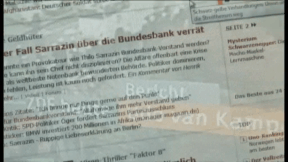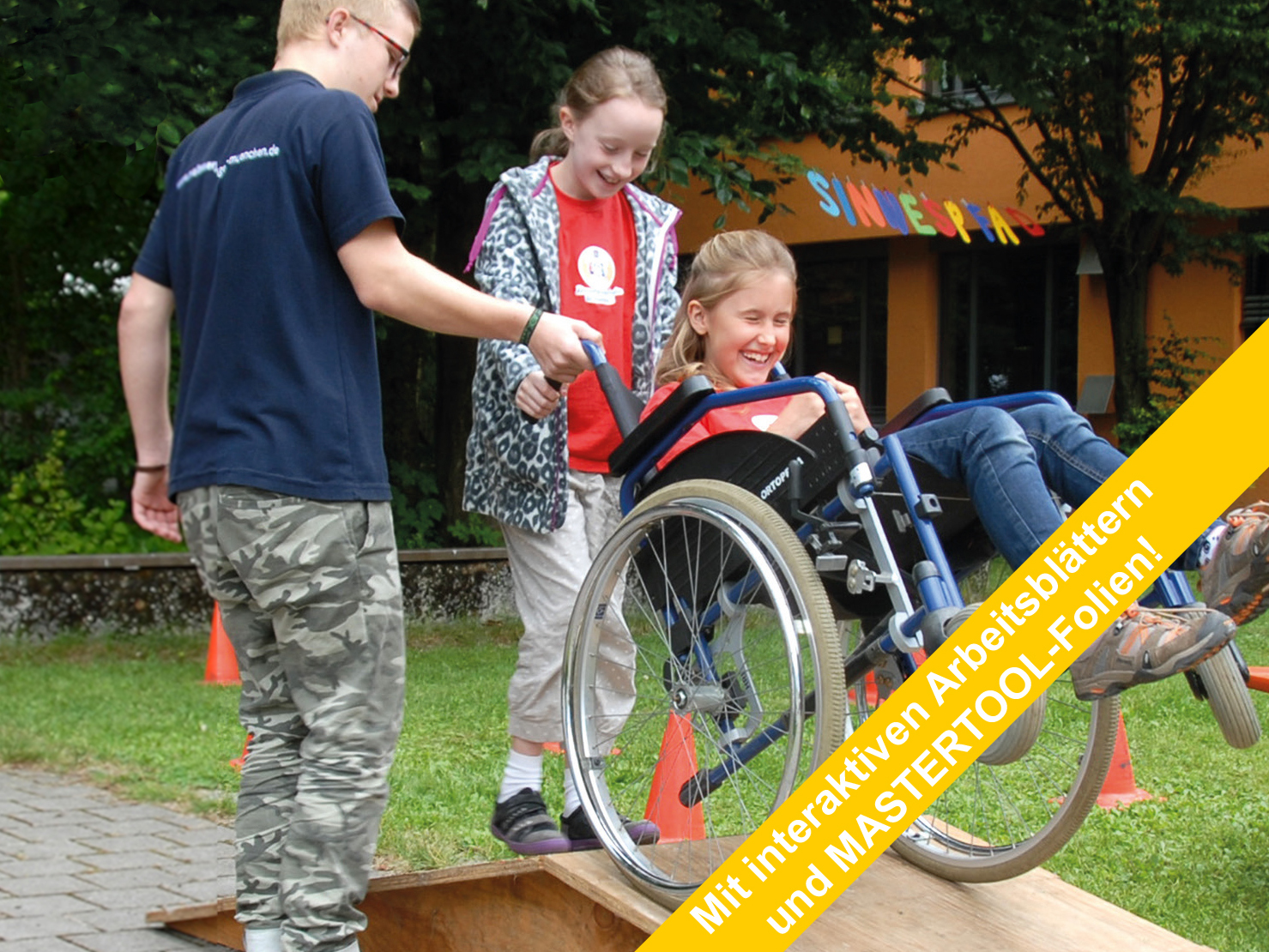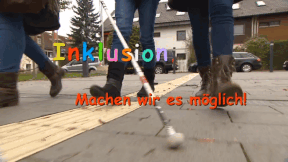 History
History
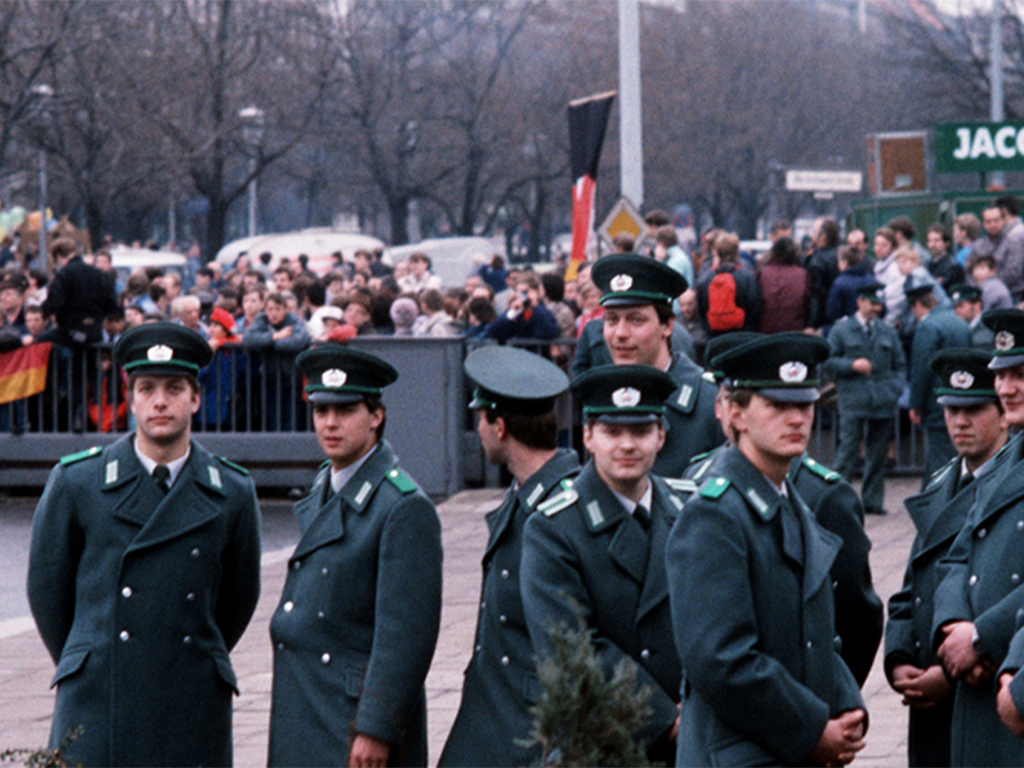
4656546 / 5551272
Ways to Democracy
From the 19th Century to the Present
This film shows the most important stages on the way to the development of democracy in Germany. It begins with the foundation (1792) and quick end (1793) of the Republic of Mainz in the course of the French Revolution, gives an account of the Hambacher Fest in the pre-March era and the failed revolution of 1848/49, contemplates the democratic development in the German empire and the late realisation of the first German democratic national state in the Republic of Weimar. Other important steps are the erosion of the Weimar constitution after 1933, Germany’s transformation into the national socialist dictatorship and World War II as well as the formation of different democratic models in West Germany and East Germany after 1945. Finally, it is described where the rules of democracy can be explained and practiced today and what current dangers there are to the democratic system of government. The aim is to make pupils aware of the fact that democracy must not be taken for granted – it is a historical legacy that we always have to safeguard.
Play trailer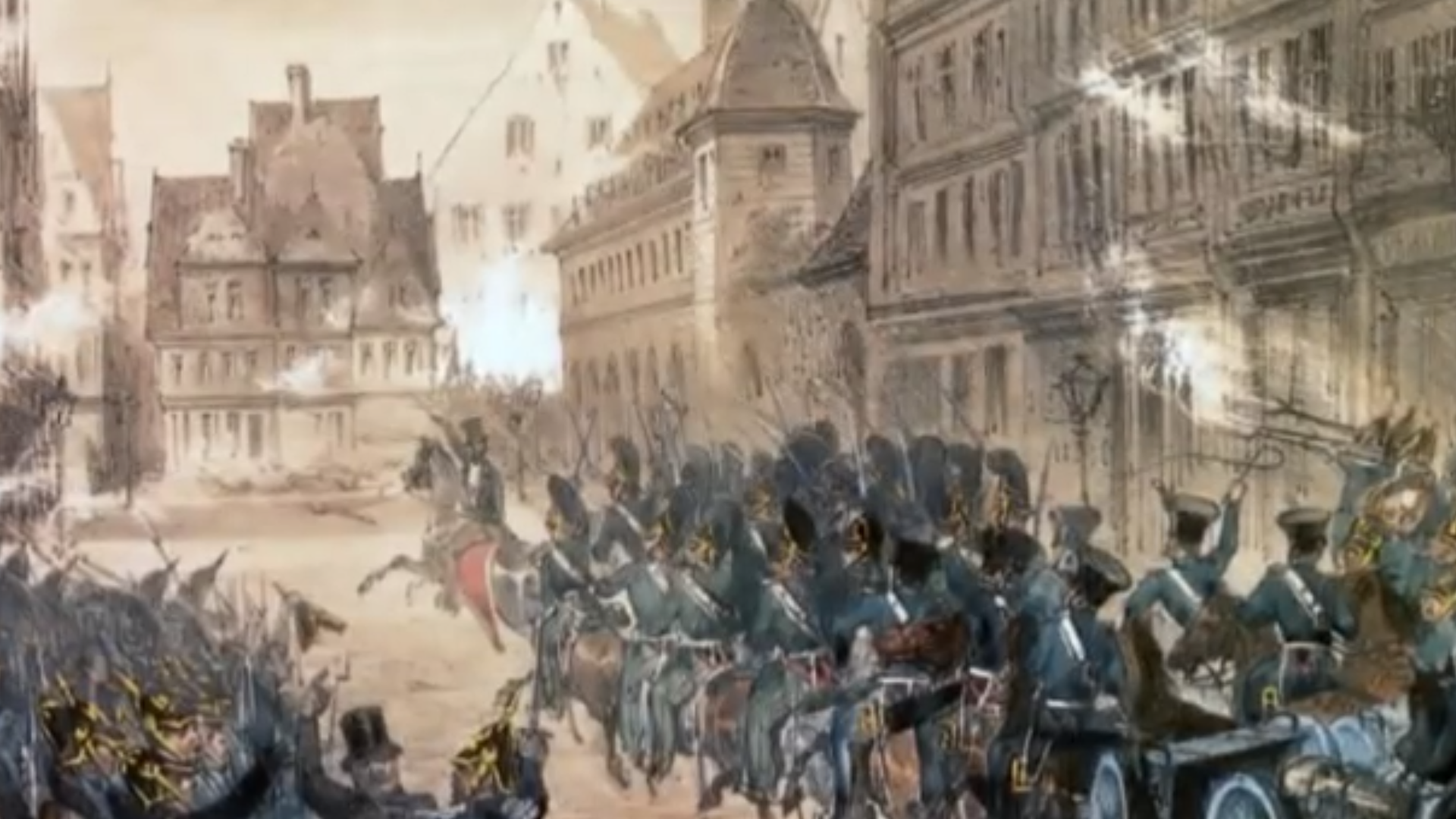
Curriculum-centred and oriented towards educational standards
Matching
Demokratie leben
In unserem Arbeitsheft Demokratie leben - Politik 10, Vol. 2 finden Sie 50 interaktive und didaktisch aufbereitete Aufgaben.
The Daily Newspaper
Every day, there is a surge of news reaching us via different news channels. In spite of TV and Internet, the daily paper still is one of the most important main sources of news. But how is a newspaper created? The film shows the production of a paper in the course of one day. Starting with the editorial meeting in the morning, in which the topics and deadlines are determined, the film accompanies a journalist during her research work. You can see how a journalistic interview is conducted and what the photographer must consider when taking a press photo. Back in the editorial office, the editor’s work is illustrated, which includes the page layout and the writing of an online article in today’s time. Impressive pictures from the printing centre depict the process from the digital page to the finished newspaper. Together with the comprehensive accompanying material, the DVD is perfectly suited for use at school
Inclusion
Madita is eleven and blind. She does not want to go to a special school but to a regular grammar school. She says she feels "normal" there. Jonathan is eight and has a walking disability. He likes going to the school where he lives. Here, his best friend sits next to him. Max Dimpflmeier, a teacher who is severely deaf, explains that school life is not easy. Quote Max Dimpflmeier: "You don't want to attract attention, you want to avoid saying that it is necessary for you that 70 people adjust to your situation." People on their way to inclusion.






